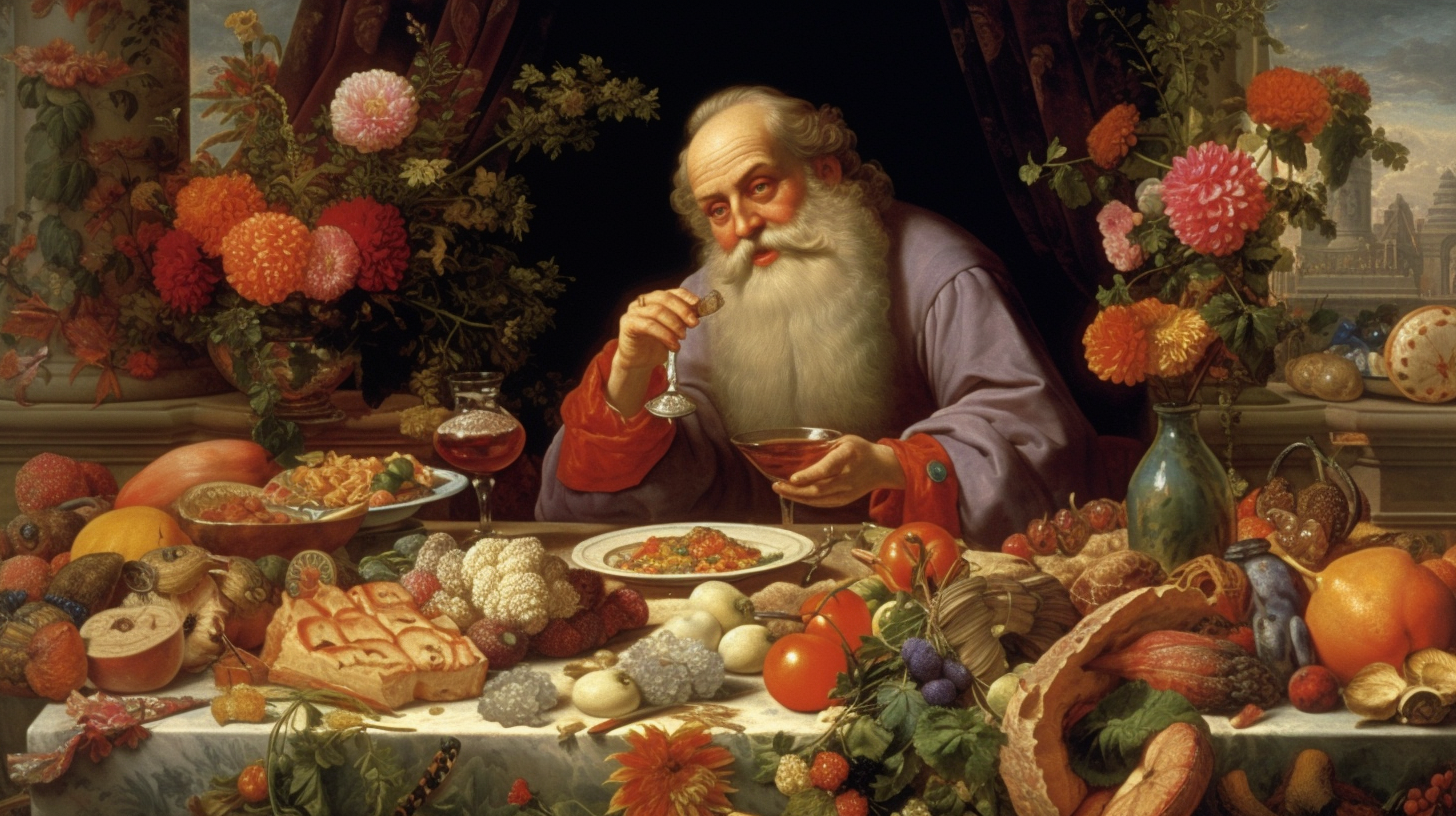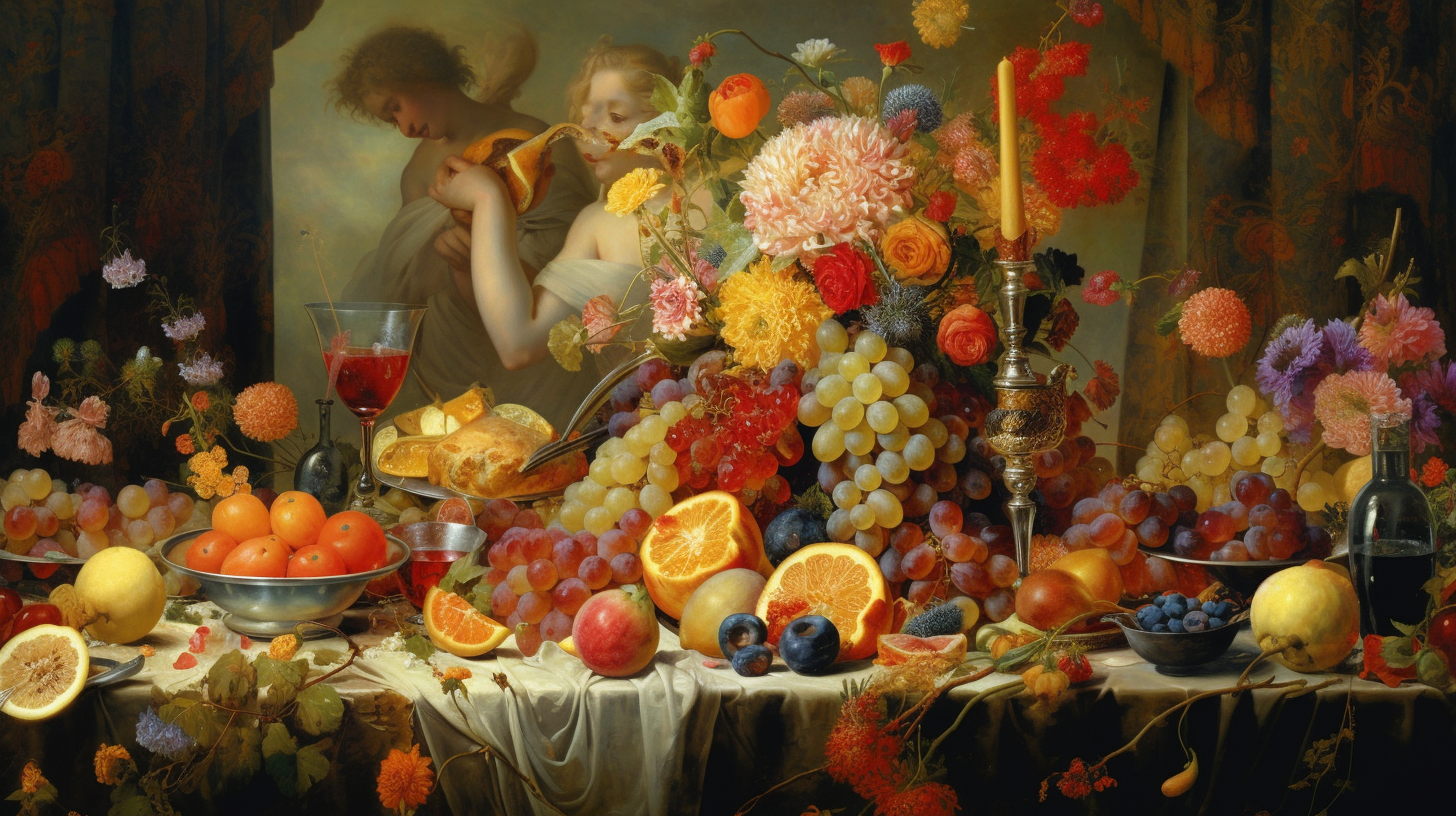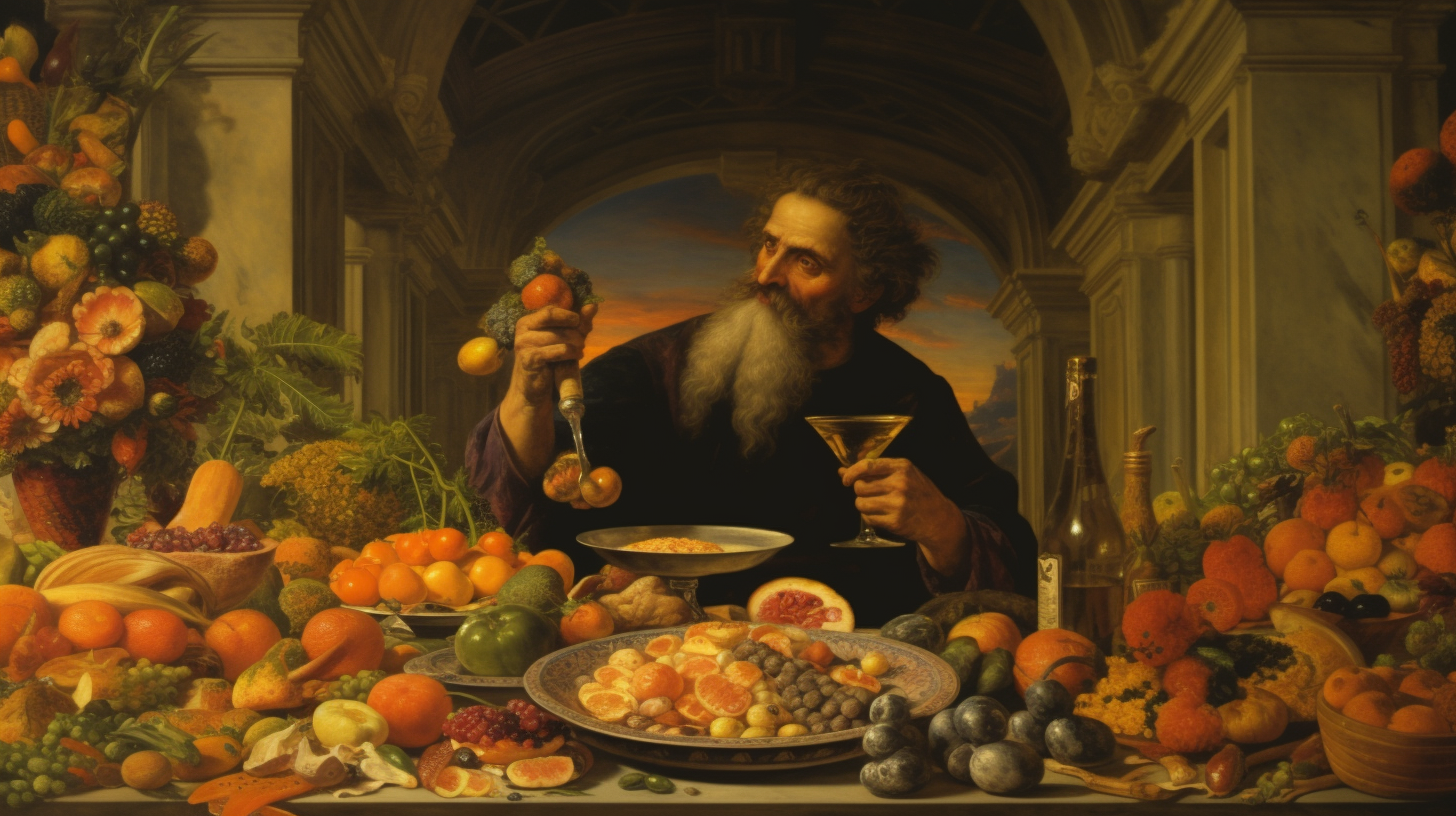The Art of Living: Exploring Epicurean Philosophy and the Pursuit of Pleasure
The pursuit of pleasure has long captivated the human imagination, and no other philosophy has celebrated this pursuit with as much enthusiasm as Epicureanism. However, as we delve into the fun and explore Epicurean philosophy, we must approach it with an unyielding commitment to intellectual rigor. While conventional wisdom may have lionized Epicureanism as a noble path to a fulfilling life, it is imperative to challenge this notion and critically examine the true nature of pleasure and its role in the art of living.

The Illusion of Pleasure:
Epicurus, the famed ancient Greek philosopher, argued that the highest good in life is pleasure, emphasizing the pursuit of tranquillity and the absence of pain. To achieve this, he advocated for the avoidance of excesses and the fulfillment of basic needs. At first glance, this may appear appealing, but it is essential to recognize the inherent flaws in Epicurean philosophy.
Epicurus' reductionist view of pleasure fails to account for the complex nature of human desires and the multifaceted dimensions of a meaningful existence. Pleasure becomes a narrow and impoverished concept when reduced to the mere absence of pain. By focusing solely on physical pleasures and seeking to avoid pain, Epicurus disregards the intellectual, emotional, and spiritual aspects of human experience, thus depriving life of its richness and depth.
The Trap of Hedonistic Hedgerows:
Epicureanism's pursuit of pleasure, or hedonism, often leads to the creation of hedgerows, wherein one seeks to safeguard oneself from life's potential pitfalls. Returning into the hedgerows may provide temporary respite from the storms of existence, but at what cost? Is a life sheltered from pain and discomfort truly a life well-lived?
The philosopher Friedrich Nietzsche astutely observed that it is through struggle and adversity that we grow, learn, and develop as individuals. Pain and suffering, far from being intrinsically harmful, can serve as catalysts for personal and intellectual transformation. By aiming solely for pleasure and avoiding pain, we deny ourselves the opportunity for growth and pursuing higher ideals.
A Historical Perspective:
To truly grasp the limitations of Epicureanism, we must turn to history. The decline of the Roman Empire provides a vivid example of the pitfalls of hedonism. As the empire reached its zenith, pursuing pleasure became a dominant ethos. The citizens indulged in excesses, focusing on immediate gratification and forsaking long-term sustainability. This rampant hedonism contributed to the empire's decay, eroding the virtues of discipline, self-sacrifice, and civic duty.
Epicureanism's disregard for human existence's communal and societal dimensions is also evident when we examine the French Revolution. Inspired by the pursuit of individual pleasure and liberation, the revolutionaries unleashed chaos and violence, ultimately devouring their aspirations for a just society. The myopic quest for personal happiness, divorced from a broader ethical framework, can have disastrous consequences.

The Pursuit of Eudaimonia:
Contrary to Epicurean philosophy, Aristotle's concept of eudaimonia offers a more comprehensive and profound approach to the art of living. Eudaimonia, often translated as "flourishing" or "human flourishing," encompasses a holistic understanding of human well-being. It recognizes that a fulfilling life involves the cultivation of virtues, engagement with the community, and pursuing meaningful goals beyond mere pleasure.
By embracing eudaimonia, we welcome the challenges and complexities of life, recognizing that our actions have consequences that extend far beyond the individual realm. We find purpose and fulfillment not in the transient pleasures of the moment but in the pursuit of excellence, the cultivation of wisdom, and the establishment of meaningful connections with others.

Conclusion:
In our exploration of Epicurean philosophy and the pursuit of pleasure, it becomes evident that a myopic focus on fun as the ultimate good leads to a poor understanding of the art of living. Epicureanism fails to account for the multifaceted dimensions of human experience, disregards the transformative potential of adversity, and neglects the communal and societal aspects of human existence.
To truly embrace the art of living, we must transcend the shallow pursuit of immediate pleasure and pursue eudaimonia. By cultivating virtues, contributing to the community, and pursuing meaningful goals, we embark on a path that leads to personal growth, fulfillment, and a more profound understanding of what it means to be human.
Let us not be seduced by the allure of hedonistic illusions. Instead, let us embrace the challenges and complexities of life, for it is in the struggle that we find meaning, purpose, and, ultimately, a life worth living.

Plato Re-Imagined
This course offers 32 comprehensive lectures exploring most of Plato's dialogues. These lectures guide students toward a consilient understanding of the divine—a concept that harmonizes knowledge across disciplines and resonates with secular and religious leaders. As a bonus, Lecture #33 focuses on consilience, demonstrating how different fields of knowledge can converge to form a unified understanding.






